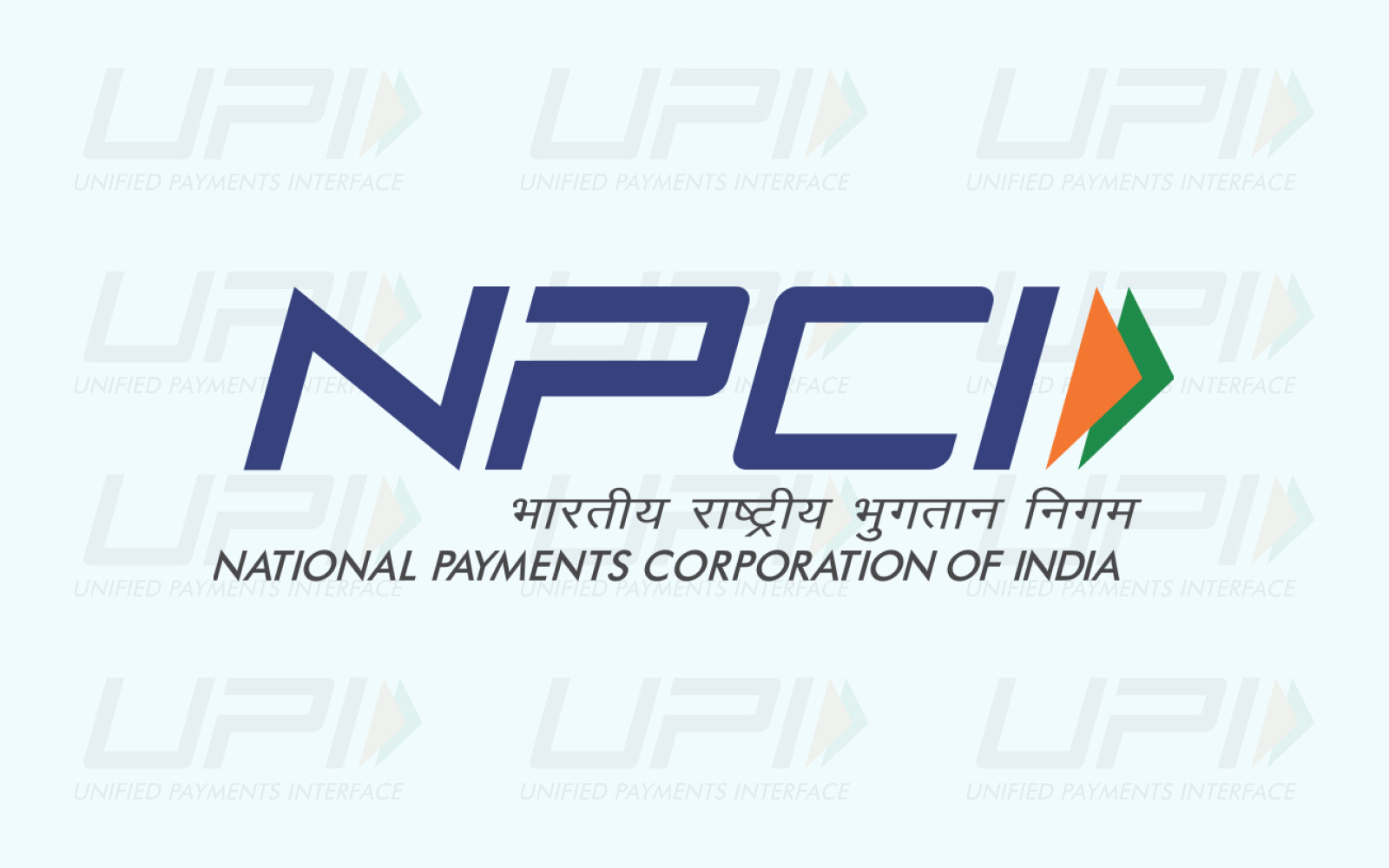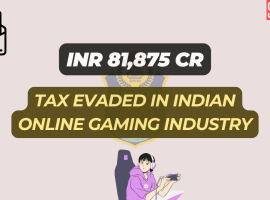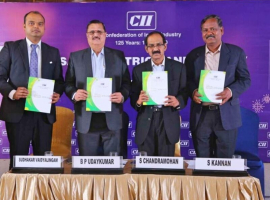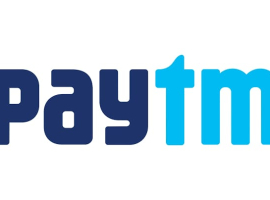After receiving the green light from the Reserve Bank of India (RBI) to introduce a seamless payment system for online banking, NPCI Bharat Billpay (NBBL), it’s been reported that numerous banks and fintech companies are actively exploring ways to bring this system to life.
According to a report from ET, it’s anticipated that NBBL will pave the way for these transactions as soon as next month.
“We’re currently in talks with major players in the online banking community to figure out the best approach for implementation,” said a banker, as cited in the report.
You’ll find HDFC Bank, ICICI Bank, and SBI among the key players in this field. On March 4, RBI Governor Shaktikanta Das hinted at the launch of a convenient payment system for online banking in 2024. This system aims to speed up fund transfers for sellers, making transactions smoother.
He mentioned that the central bank has already given the green light to NBBL for the project. To give you some context, Bharat BillPay serves as a unified platform that links banks, non-banks involved in bill aggregation, billers, payment service providers, and retail bill outlets.




